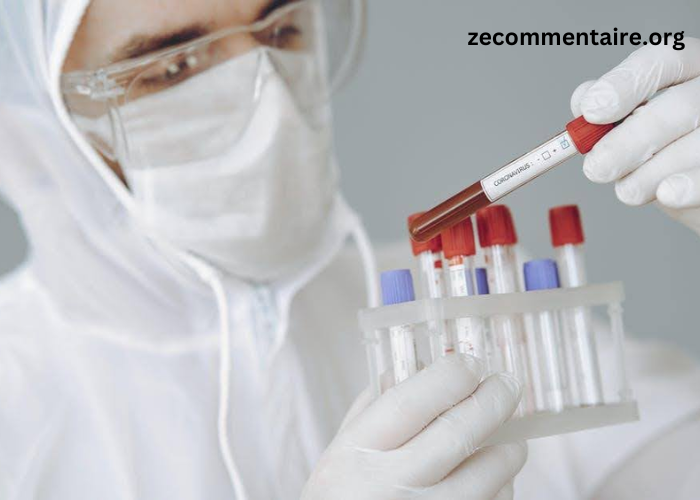Bloodborne pathogens (BBPs) are germs in the blood that cause diseases like hepatitis B, C, and HIV. Certified BBP is essential for jobs where contact with blood or infectious materials is possible. This training prepares employees to handle exposure risks and ensures workplace safety training.
BBP certification helps you protect yourself and others, which is essential for jobs in healthcare, education, and more. Read on to explore how BBP certification can benefit your career and workplace!
What is a Certified BBP?
Certified BBP training shows how to recognize bloodborne pathogens, stop their spread, and stay safe. This training includes OSHA rules to help workers recognize, prevent, and manage BBP exposure.
Why is BBP Certification Important?
Here’s why BBP certification matters: it stops the spread of diseases, keeps workplaces safe, and helps employees handle risks.
Protects Health and Safety
Certified BBP training equips workers with essential skills for preventing disease transmission. Employees learn how to throw away sharp objects, handle dirty materials, and wear protective gear.
Meets Legal Requirements
OSHA mandates that at-risk employees undergo BBP training to follow safety regulations. This need protects the workplace from fines and ensures legal compliance.
Prepare for Emergencies
BBP training prepares employees to respond to accidental exposures and emergencies. Proper instruction ensures they know how to react quickly if a potential exposure occurs.
What You’ll Learn in BBP Training
Certified BBP training covers key areas to help you manage bloodborne pathogen risks. Here’s what you can expect to learn:
Understanding Bloodborne Pathogens
Learn about bloodborne diseases like hepatitis B, hepatitis C, and HIV. Find out how these diseases spread and what their symptoms are.
Personal Protective Equipment (PPE)
Training teaches how to choose and use personal protective equipment (PPE) like gloves, masks, gowns, and eye protection. You will learn when to wear each type and how to ensure it fits properly for safety.
Safe Cleanup and Disposal Practices
You will learn the right ways to handle contaminated materials. This includes safe disposal techniques for needles and gloves.
Responding to Exposures
Training covers what to do right after exposure. This includes washing the affected skin, reporting the incident, and getting medical help.
Who Needs BBP Certification?
BBP certification is necessary for workers in high-risk jobs. This includes healthcare professionals, emergency responders, janitorial staff, and teachers. Any job involving contact with blood or bodily fluids requires certified BBP training.
How to Get Certified in BBP
You can complete the BBP certification through various methods. Many organizations offer online courses for convenience and flexible scheduling. In-person training is available for those who prefer hands-on learning. Whichever method you choose, ensure the course meets OSHA standards for compliance.
For more information on certified BBP training, visit the website.
Empower Your Career: Why BBP Certification Is Essential for Workplace Safety
Getting your BBP certification helps you meet OSHA regulations and equips you with important safety skills. This certification is key to creating a safer workplace and promoting a healthier community.
Also, taking infection control training can improve your skills and knowledge for a safer workplace.
Take the first step toward a safer work environment by exploring certified BBP training and its benefits. For more insights and resources on workplace safety, visit our blog!





